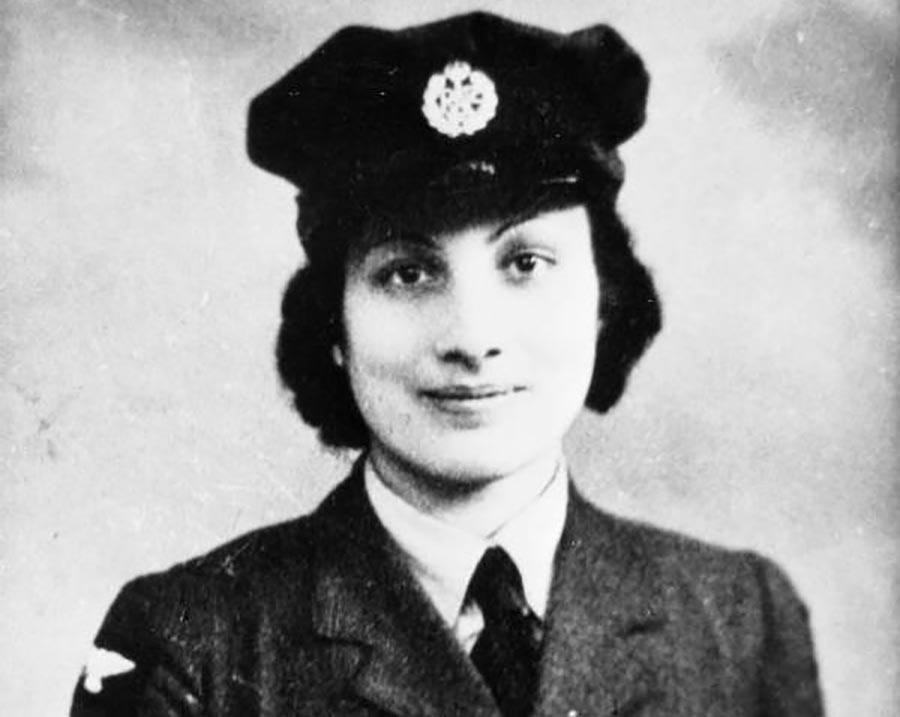Noor Inayat Khan

Wikimedia Commons
When war broke out in 1939, the descendant of Indian royalty Noor Inayat Khan trained as a nurse with the French Red Cross. Quiet and unassuming, Khan was passionate about her father’s pacifist teachings – so it was a surprise to some when Khan joined the Women’s Auxiliary Air Force after escaping to England during the German occupation of France. There, she was trained as a wireless radio operator.
Shortly after, Khan was recruited into the Special Operations Executive for service in Nazi-occupied France. Some doubted her suitability for the job, but her fluent French and the shortage of agents had her flying to Paris as a radio operator for the resistance network, under the code name “Madeleine.”
After the arrest of many in the Paris resistance, Khan continued to move around undercover, sending messages back to London HQ. In October 1943 she was betrayed and arrested by the Gestapo. She managed to escape for a few hours, but upon her recapture she was sent to solitary confinement at Pforzheim prison in Germany. She was held in chains and tortured, but never revealed any information about the resistance.
From the German prison, Khan was sent to Dachau Concentration Camp where she was brutally beaten and possibly sexually assaulted. When she still revealed no secrets, the young Muslim woman was shot execution-style in the back of the head. Her last word as the firing squad took aim was “Liberté.”
Noor Inayat Khan was posthumously awarded the George Cross for courage in 1949, and the French military decoration, the Croix de guerre, or Cross of War.
After reading about famous women in WW2, read about six brilliant female scientists who were overlooked because of their gender. Then, discover some of ancient history’s most fearsome female warriors.





